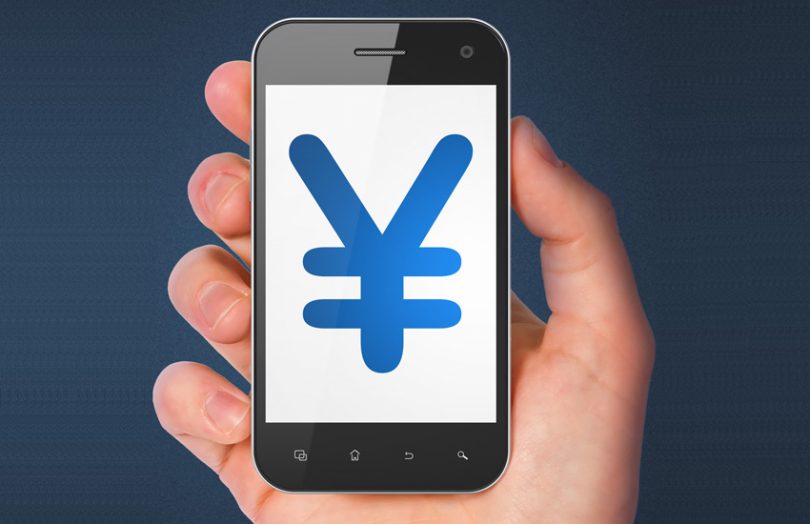On Saturday, the state-affiliated China Securities Journal reported that Tencent-backed WeBank and Ant-backed MyBank would participate in the digital yuan pilots alongside the six state banks. Their status is ‘coming soon’.
WeBank says it was China’s first privately-owned bank when it received a license back in 2014. Both banks are online only and are 30% owned by their high-profile founders. They are amongst the largest private banks in terms of both assets and profitability.
The digital renminbi wallet will be integrated into their offerings.
Previously it was emphasized that the six state banks are the ones with the technological ability to be involved with the digital renminbi infrastructure. Hence China has a different approach for smaller banks.
Beyond these two private banks, most small and medium-sized banks in China will connect to the central bank digital currency infrastructure via two intermediaries. One is City Bank Clearing which supports 129 city commercial banks, 260 village and town banks, and 15 private banks.
The second intermediary is Rural Credit Bank Clearing, which – per the name – will provide a conduit for rural banks to access the eCNY.
One of the biggest challenges in the rollout of any central bank digital currency (CBDC) trial is enabling merchants to accept the digital currency. It’s a critical step because when it becomes legal tender, retailers won’t be able to refuse payment.
To that end, financial services firm Lakala, best known for providing credit card readers and point of sale terminals, has integrated with the digital renminbi platform and worked with the six state banks. Along with ecommerce site JD.com, ride-hailing company Meituan, Lakala has been helping with offline payment solutions.
It’s well known that the Chinese CBDC does not use blockchain for its core infrastructure. However, it can be used at the second tier. The China Securities article stated that “several leading third-party payment institutions mainly participated in the work of digital renminbi acceptance interface, standardization, and blockchain technology traceability verification.”
In other news, Huawei was involved in the digital yuan’s cloud infrastructure and recently acquired a payments license. It remains to be seen if the two are connected.
So far, six digital RMB trials have been run involving 550,000 people, with half of them this year.






